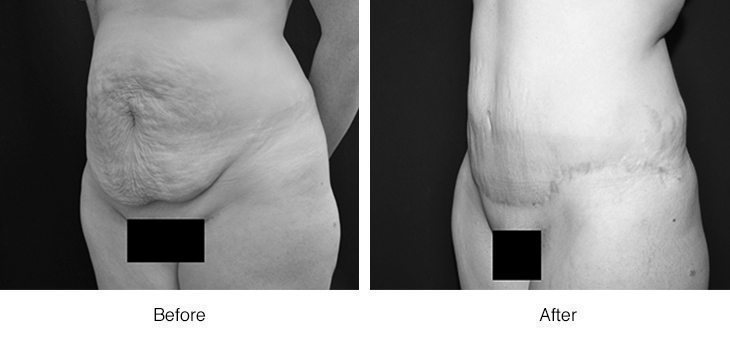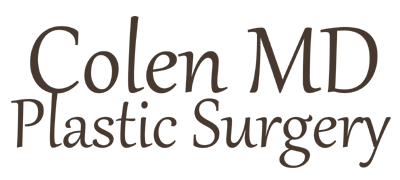Two issues many patients want to discuss with their plastic surgeon both concern the post-surgery period. They are bruising and the healing of the incisions where the surgery took place. When the patient returns for a check-up many ask what they can do to reduce the scar tissue thickness.
Truthfully, the best way of dealing with such problems is to prepare yourself before surgery-and then again after it. One thing you can do is to inform yourself of the benefit of certain nutrients.
Let me mention a list of nutrients which have properties (such as anti-oxidants, proteins, amino acids and enzymes) that assist the body’s capacity of controlling swelling, inflammation and signs of bruising. Most doctors would recommend that you start taking pre-op nutrients and supplements about two weeks before your surgery. The purpose is to get a better result following your plastic surgery.
Some nutrients that many doctors have found help reduce the bruising and inflammation:
• Amica Montana. It is supposed to reduce pain and bruising, plus the Arnica’s antibacterial properties may repair damage to your blood vessels. • Bromelain. Some report it improves the effectiveness of many supplements-and so, is used in conjunction with them. • Riboflavin. Supporters say it helps with tissue repair and maintenance and also boosts some anti-oxidant activity. • Thiamin. Many reports say it repairs some nerve damage. • Vitamin K can possibly help protect against bleeding as well as reducing post-operative bleeding. • Glucosamine. Might reduce some inflammation and pain. • Also, Vitamin C, Zinc, Vitamin D3, Pancreatin, Selenium, Copper, Chromium, Manganese, Boron, Molybdenum, Vanadium, Inositol, Calcium, B complexes, and Folate have all been reported to help during the post-op period.
As always, before you begin any kind of vitamin or supplement regimen, you should consult with your doctor. And this includes, if you’re getting a labiaplasty or vaginoplasty, speaking honestly with your surgeon about which might be beneficial.


